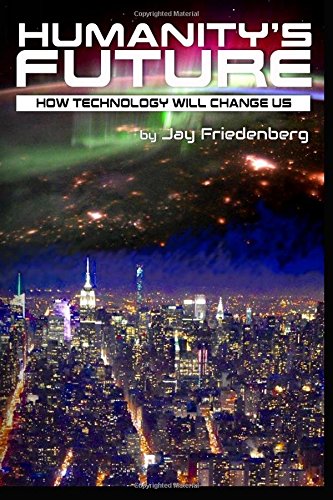1) Tell us who you are? What’s the couple of sentence summary of what you do and what you’ve done?
I am a professor of psychology at Manhattan College. I recently finished serving as chairperson for the department for a 10-year period and am now going back to teaching full time. I teach  courses in introductory psychology, neuroscience, cognitive science, and sensation and perception. My specialty area is in vision research and my current research focus is on empirical aesthetics. That is the scientific study of beauty and art. I am currently working on a textbook on the psychology of beauty and art from an interdisciplinary perspective.
courses in introductory psychology, neuroscience, cognitive science, and sensation and perception. My specialty area is in vision research and my current research focus is on empirical aesthetics. That is the scientific study of beauty and art. I am currently working on a textbook on the psychology of beauty and art from an interdisciplinary perspective.
2) When did you first become familiar with Ayn Rand and her works?
When I read The Fountainhead in the early 1990s, I was sick with the flu and forced to stay inside during the winter and so was able to finish it in just a few days. I remember being struck with the clarity and force of Rand’s vision, especially when it came to the individual. It was the strongest portrayal of the power of the individual that I had read of to date and it still stays with me to this day. Never underestimate the power of art to change the world!
3) What most interested you or hit you with an “Ah hah!” about her thinking?
It is the logic and systematicity of her philosophy. She is the only person who has developed a philosophy that works “from the ground up,” starting with the nature of reality and from that deriving epistemology, ethics, politics and economics. It is a comprehensive world-view that informs us not just how to understand the world but how to act in it. For me, Objectivism serves the same function as a religion but without any of the nonsense that you find in religions.
4) How does her work help or inform you today?
It helps me to live life in a rational and ethical way. Whenever it comes to making an important decision I approach it thinking of Objectivist values. Would this choice be consonant with a life of independence, rationality and productivity? I seriously credit Objectivism with having led me to a path of greater happiness and success. I have also incorporated a bit of Objectivism into some of my writings.
independence, rationality and productivity? I seriously credit Objectivism with having led me to a path of greater happiness and success. I have also incorporated a bit of Objectivism into some of my writings.
5) Rand wanted us to aspire to a world as it can be and should be. Can you tell us something optimistic you see in the world today or in the future?
Steven Pinker’s book, The Better Angels of our Nature, has shown that despite what we see on the news the world actually is getting better. War, genocide, and crime are on the decline and the defense of human rights is on the rise. Gay marriage and marijuana legalization are hopefully signs of increased liberalism in our country. I am optimistic about the future, especially in terms of technology. Technology has the potential to radically alter the nature of our selves with genetic engineering and biotech. For the first time we will be able to use technology not just to alter our environment but to alter the very nature of what it means to be human. I will speak more about these issues at the upcoming Atlas Society Summit!
Explore
Jay Friedenberg, “Aphorisms and Philosophy.” September 30, 2014.


